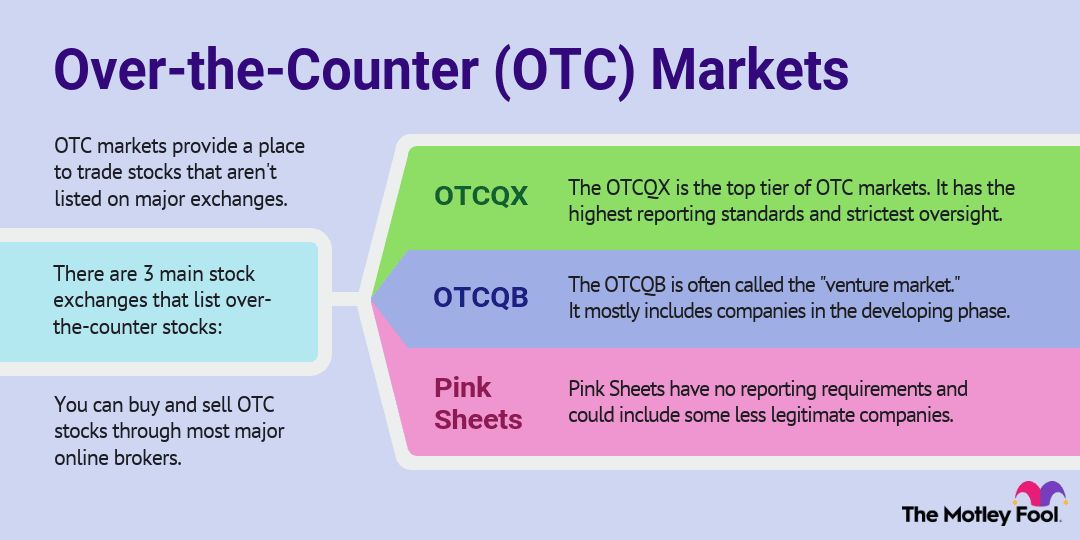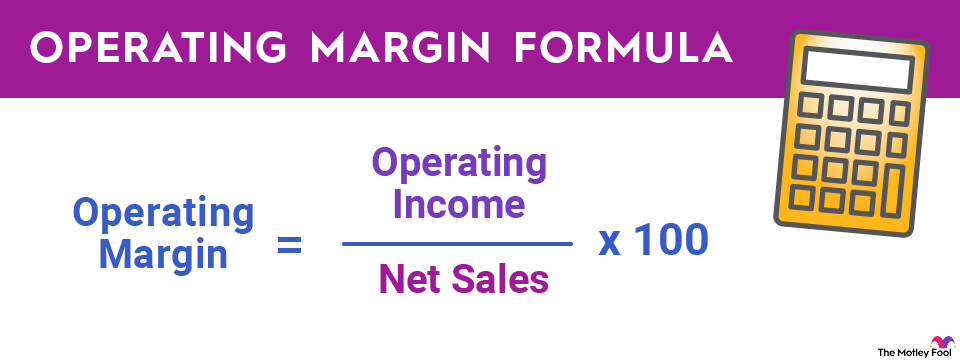The Organization of Petroleum Exporting Countries (OPEC) can significantly affect the global oil market. The intergovernmental organization works together to coordinate and unify the oil production policies of the member nations. OPEC members will adjust their oil supplies based on market conditions and economic goals.
Here's a closer look at OPEC, its member nations, how it influences the oil market, and some examples of OPEC in action.

What is the Organization of Petroleum Exporting Countries (OPEC)?
OPEC is a permanent intergovernmental organization formed in 1960 by five leading oil-producing nations. The group's mission is to coordinate and unify the oil policies of its members. By working together, members aim to secure the following:
- Fair and stable prices for petroleum producers.
- Efficient, economical, and regular supply of oil to the global economy.
- A fair return on capital for oil companies.
OPEC's main goal is to be a stabilizing force in the oil market. The group will reduce its collective supplies when demand is weak or if non-members are producing too much oil to stabilize prices. Meanwhile, it will maintain additional production capacity to increase supplies when needed to prevent prices from rising too high and damaging demand.
What countries are members of OPEC?
As of late 2024, OPEC had 13 official member countries:
- Iran (founding member – 1960).
- Iraq (founding member – 1960).
- Kuwait (founding member – 1960).
- Saudi Arabia (founding member – 1960).
- Venezuela (founding member – 1960).
- Libya (1962).
- The United Arab Emirates (1967).
- Algeria (1969).
- Nigeria (1971).
- Gabon (initially joined in 1975, terminated its membership in 1995, and rejoined in 2016).
- Angola (2007).
- Equatorial Guinea (2017).
- Congo (2018).
Three other countries have been members of OPEC in the past:
- Qatar (initially joined in 1961 but terminated its membership in 2019).
- Indonesia (initially joined in 1962, suspended its membership in 2009, and reactivated again in 2016, only to suspend it later that year).
- Ecuador (initially joined in 1973, suspended its membership in 1992, rejoined again in 2007, but withdrew its membership in 2020).
- Angola withdrew its membership effective 1 January 2024
The current members of OPEC will also coordinate with other non-members during periods of significant market instability. In 2016, OPEC signed an agreement with 10 other oil-producing nations, creating a group called OPEC+. These additional members are Russia, Mexico, Kazakhstan, Oman, Azerbaijan, Malaysia, Bahrain, South Sudan, Brunei, and Sudan. OPEC+ members have worked to coordinate their oil production policies in recent years to help stabilize global supplies and prices.
How does OPEC affect the oil market?
OPEC members collectively produced 42.8 million barrels of oil per day in 2024, accounting for 38% of the world's oil supply. Its largest producer is Saudi Arabia, the second-biggest in the world behind the U.S. Because OPEC controls so much global production capacity, it has a lot of influence on the global oil market.
OPEC members will coordinate their collective supplies to influence oil prices by setting production quotas. If oil prices are falling due to excess supply (caused by weak demand or additional production from non-member nations), OPEC will reduce the quotas of its members to cut global oil supplies. Lower production should eventually boost oil prices. Conversely, in an undersupplied global oil market (due to strong demand or unexpected supply issues), OPEC will use some of its spare capacity to increase global supplies to prevent prices from rising too much.
Related investing topics
How OPEC influences the oil market
OPEC has used its sway over the global oil markets many times to affect pricing. The most notable was in 1973 when OPEC members instituted significant oil production cuts and an oil embargo against the U.S. and other countries supporting Israel in the Yom Kippur War. The oil embargo caused the price of oil to spike from $3 a barrel to $12. It ultimately caused severe inflation and a global recession. The significant effects of the OPEC oil embargo led many nations to start national oil stockpiles and take steps to reduce consumption.
More recently, members of OPEC+ agreed to reduce their oil production in 2020 in response to a significant decline in global demand caused by the pandemic. The group cut its production by 9.7 million barrels per day in May 2020. It steadily brought supplies back online in the months that followed as demand improved and excess inventories burned off. OPEC's actions helped stabilize the global oil market following significant volatility in the early days of the COVID-19 pandemic.


















